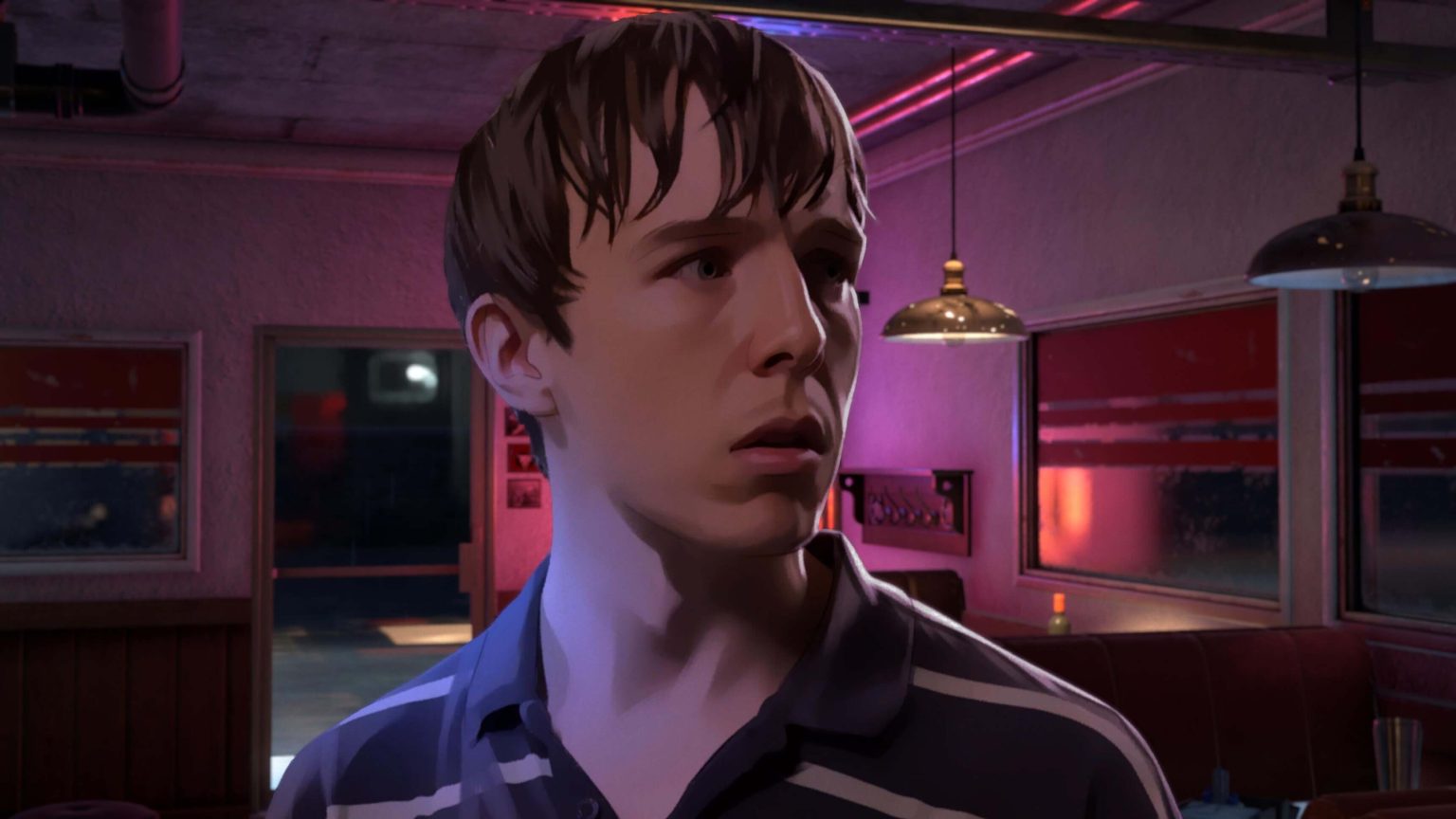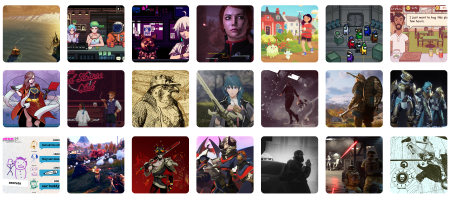Welcome to Punished Notes, Volume 24! In this edition, I have a number of thoughts on As Dusk Falls, the only notable Xbox exclusive of 2022, as well as some tales from the backlog (and even a hidden Game Pass gem) and a bit on fake movie star Ryan Reynolds. Any games I discuss will be done in a mostly spoiler-free manner.

As Dusk Falls Notes:
–As Dusk Falls, the debut adventure title from developer Interior/Night, doesn’t just challenge you to make difficult choices on a regular basis; it questions how much our choices feel like actual choices. In the game, the player inhabits a number of characters caught in difficult situations, such as a jobless father trying to keep his life (and his marriage) intact and a teenage boy constantly roped into his family’s criminal activities. The player must navigate each scenario carefully (with gameplay involving narrative choices and occasional QTEs) and make difficult decisions, such as whether to fight back against an armed robber or whether to serve as an informant to a corrupt police officer.
These kinds of decisions have existed in games for decades, but As Dusk Falls packages them in two novel ways: its unique, semi-photorealistic and semi-comic art style (more on this later), and the way it presents characters as constantly grappling between loyalty and survival. People like Vince Walker—who lost his job as an airplane mechanic after being a fall guy for an airline’s greed—and Jay Holt—who was raised by pugnacious, impulsive brothers and a gambling ne’er do well of a father—can’t really say they chose to be where they are. They can only decide how to react to new developments.
This is where As Dusk Falls excels as a narrative in an environment riddled with such experiences. The game isn’t just about choices, it’s about the very nature of choice. Vince didn’t choose to stay at a motel marked by criminals; he and his family had nowhere else to go. Jay didn’t want to rob somebody’s house to pay off his dad’s exorbitant gambling debt, but it felt like the only reasonable solution at the time. And yet, as a player, you are forced to embody these individuals and make the best choices to get out of such predicaments, even though such predicaments feel randomly assigned in the first place.
Narrative choices in games like Mass Effect or The Witcher give players the power to influence the plot in order to achieve a desired outcome. In As Dusk Falls, however, the potential outcomes for each character are unknown, and the best route to supposed safety is hard to discern. As a result, each choice feels essential, forcing the player into a mindset of constant tension. And even if you make the “wrong” choice at any turn, there’s always another one waiting for you, and another one after that. Something as small as telling a little white lie to a six-year-old or trying to calm down a dog could have devastating consequences, and you don’t always know right away if you made the right move.
I’ve played my fair share of games with emergent dialogue options, but As Dusk Falls really resonated with me in particular ways. The experience lives by the ability to create your own path, but it still felt like I had little control over what was happening at any given time. This feeling of powerlessness can feel disarming, but it made the story feel more captivating and nuanced. The options presented in As Dusk Falls aren’t about good vs. evil, winning or losing, or any other understood gaming binary. They’re about moving on and surviving. You didn’t choose to be here, and you don’t know where you’ll end up, but when push comes to shove, you’ve got to do something.
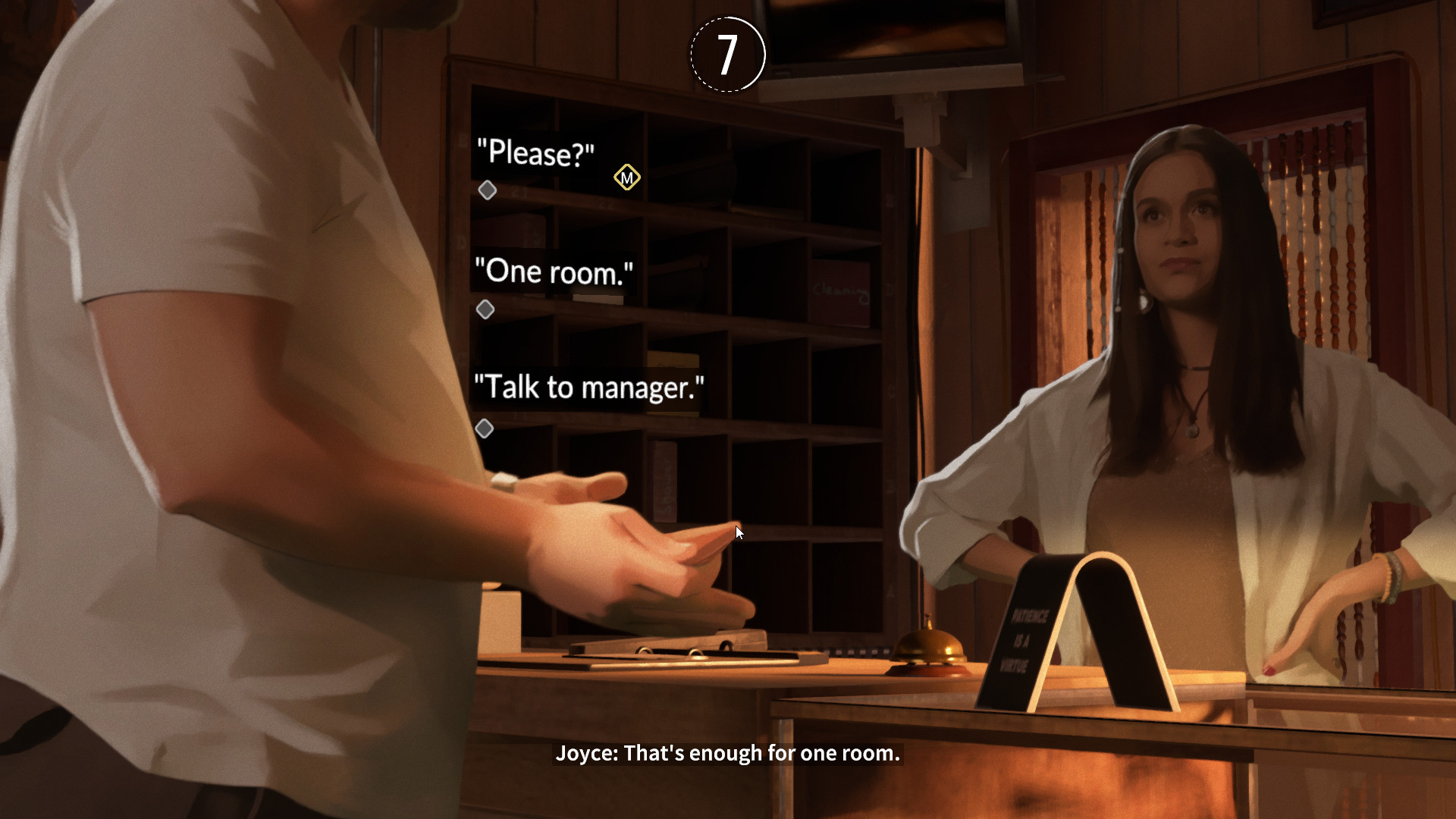
-On the technical side, As Dusk Falls’ art direction feels like that of a graphic novel with near-photorealistic panels. Not everybody is going to love it, but I think it fits perfectly with the kind of story it wanted to tell, one where each fork in the road feels like a moment frozen in time.
Additionally, the voice acting and writing are super sharp, making As Dusk Falls feel grounded and believable.
-My one biggest criticism of the game is that, in the later chapters, it presents a few of the standard “known binary” choices it had largely eschewed before. In certain instances, it’s obvious what the two potential outcomes will be, removing some of the tension that defined earlier quandaries. The story can feel rote and cliché in many places, but the fact that it can splinter into so many directions makes the whole experience feel fresh. Moments where the consequences are clear rob the game of that freshness.
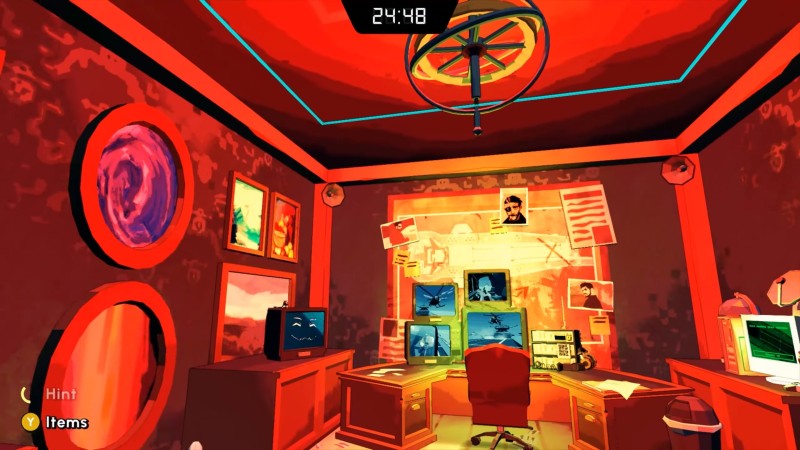
Escape Academy Notes:
–Escape Academy, a game about getting really good at escape rooms, is this year’s surprise indie hit. In the debut title from Coin Crew Games, you play as a student in the art of solving puzzles to escape dangerous situations. Such challenges are not just simple escape rooms: Instead of a small space with some kind of genre theme, your escape rooms take the form of large, sprawling areas, including a cafeteria (and kitchen), a greenhouse, or even multi-level hazards like a service elevator shaft that’s slowly flooding. The puzzles themselves are witty but not too hard (though a couple are somewhat obtuse), and the colorful comic-style art direction makes traversing through each room a delight. Most of all, every escape challenge makes the player feel smart and clever, but they’re never so easy that I feel like I’m wasting my time.
-The best way to enjoy Escape Academy is in multiplayer, but not necessarily the split-screen option the game offers. I’ve been playing the game with my wife over the past couple of weeks, where I control the character on screen with my Xbox controller and she literally takes notes on a small legal pad. Even though only one person can move on screen, it’s still a collaborative effort, and one of the only video games my partner and I can play together without me frustrating her to no end.
-The biggest issue with Escape Academy is on the mechanical side. Clearly designed for mouse-and-keyboard play, movement feels clunky on a typical controller, as the camera moves way too slowly and it’s not always clear what objects I can highlight on screen as I’m facing it. The art design is pretty, but largely unpolished: All round items (such as coins and wheels) appear octagonal, and the UI at times feels a little too simplistic (I wish it were easier to pin and unpin diagrams and sheets of paper when solving puzzles).
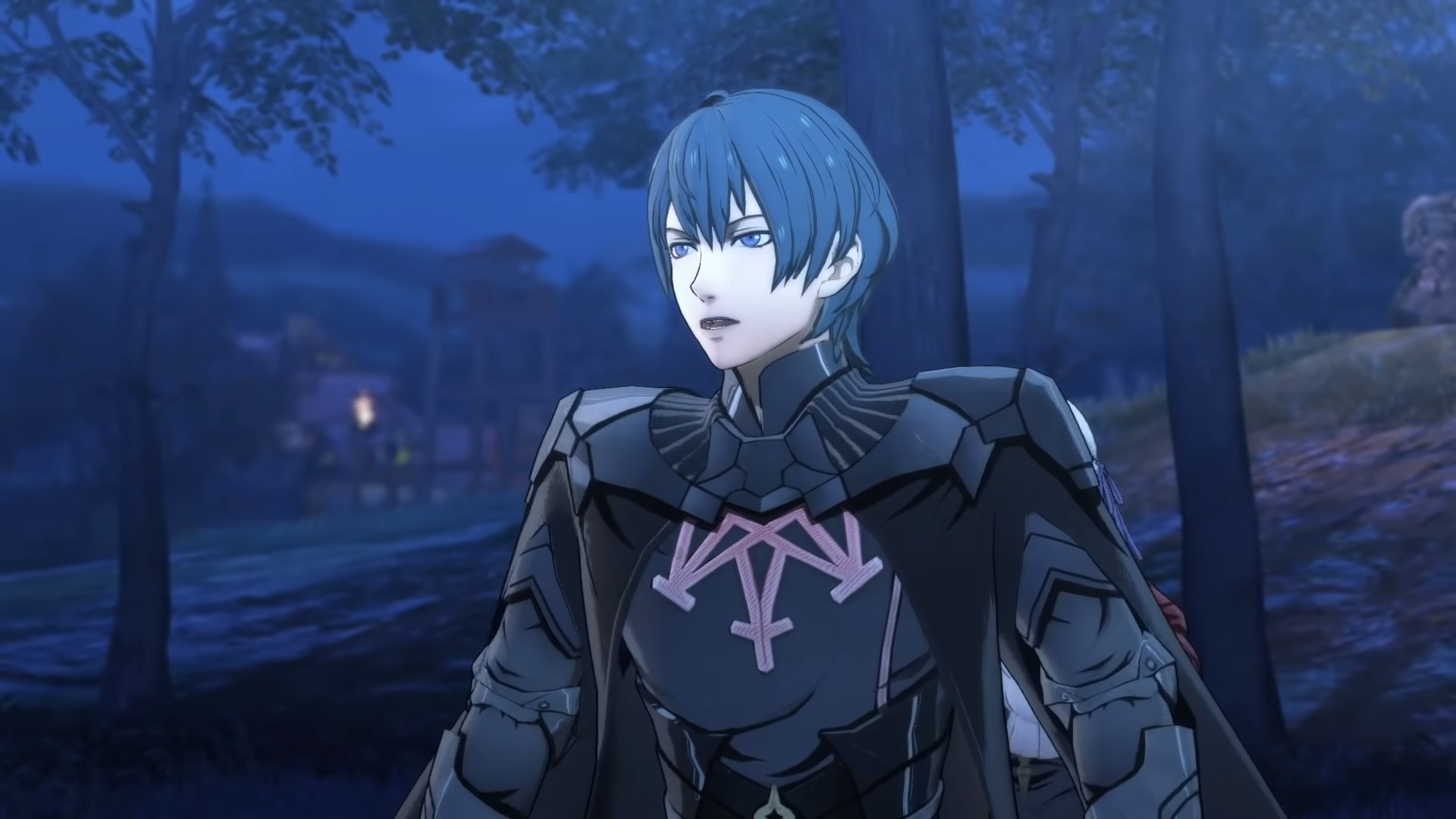
LIGHTNING ROUND!!!!!!!!!!!!!!!!!!!!!!!!
-As part of this site’s Summer Backlog Challenge, I recently completed my first playthrough of Fire Emblem: Three Houses, and I’ve got to say: It’s wonderful. I always figured the battles would be engaging and challenging, and I knew everyone fell in love with the characters. But what really surprised me was how much I actually enjoyed the minutiae of the game: harvesting crops, tea parties, support dialogue, choir practice, etc. If games are at their best during the moments that would be edited out of a movie, then Three Houses provides many opportunities for players to see it at its best.
-I also recently started Dead Space (another Backlog Challenge game), and I’m really impressed with its minimalist design. The idea that so much essential information to the player is not presented in traditional HUD form but rather organically (health bar attached to the suit, magazine capacity on the back of the weapon) makes the whole experience much more immersive, and contributes to the game not really feeling outdated at all. I’m still scared as hell playing it, though, and horror games can be exhausting.
–Dead Space still has to be the third best of my three backlog games, for two main reasons: The puzzle-solving sections are frustrating (and not really that clever) and I don’t care one bit about the story. I’m just trying to get off this damn spaceship.
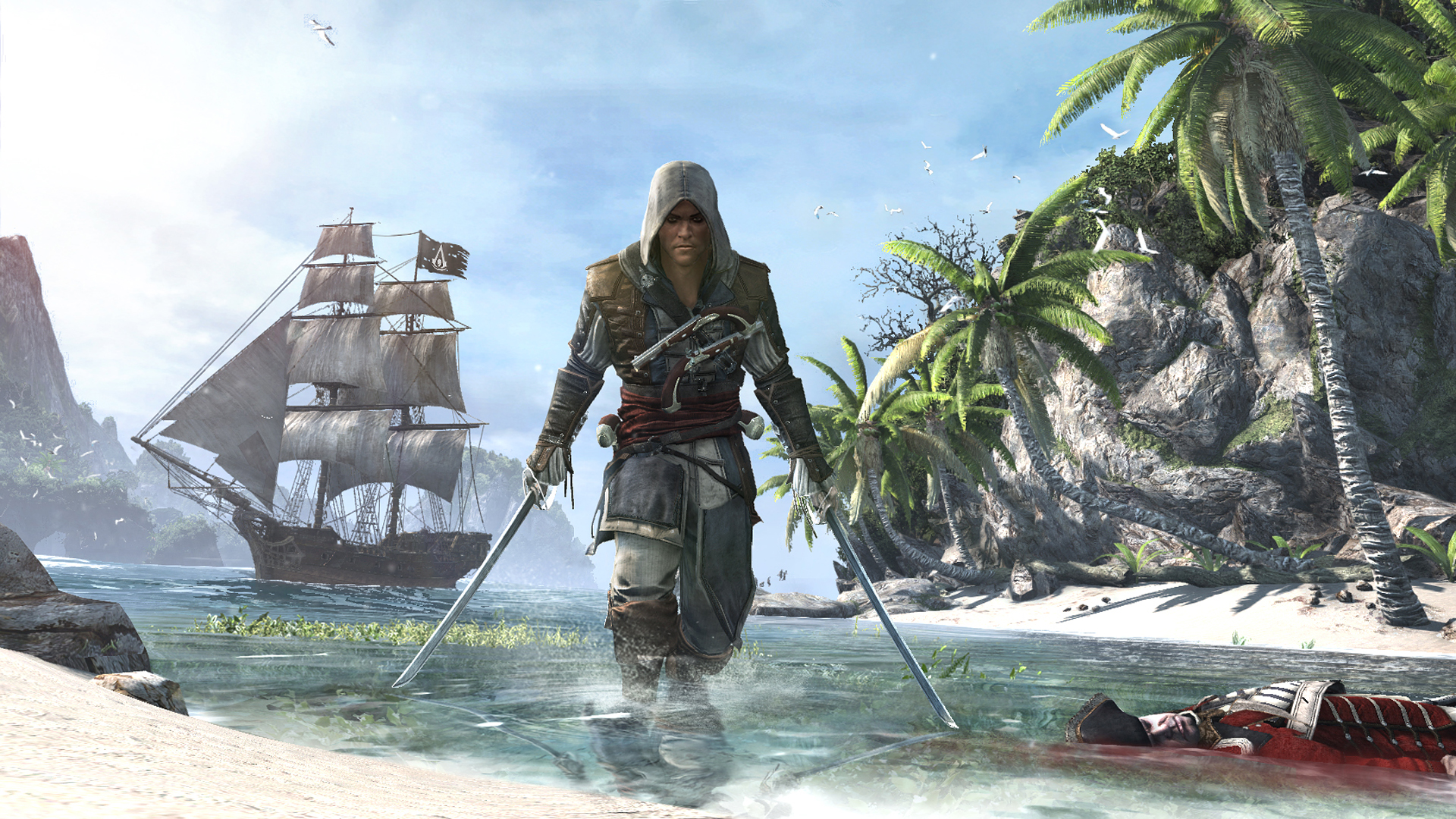
-The game that wasn’t part of my three backlog games but should have been is Assassin’s Creed IV: Black Flag, which I’m playing for the first time on Nintendo Switch. I’m about a dozen hours in, and I’m already willing to say it might be the best Assassin’s Creed title, or at least the best of its era. It stumbles on its own ambition quite a bit (the combat is pretty janky, there are a ton of bugs, and it’s not always clear what surfaces I can climb), but all the side quests and optional content blend together to present a narratively cohesive experience. All the ship battles, assassin contracts, and treasure hunts make sense for Edward Kenway’s adventures through the Caribbean in the early 18th century, and rarely feel like random distractions or padding.
-I’ve finally played every game in the Castlevania Advance Collection, and my ranking is as follows:
- Aria of Sorrow (the only all-around good game)
- Harmony of Dissonance (cromulent but overstays its welcome, also the sound design blows)
- Circle of the Moon (probably decent for its time but frustrating and outdated)
- Dracula X (a fun artifact of the ’90s but mostly clunky and bad)
-The recent releases of Pokémon Puzzle League and Kirby’s Avalanche on Nintendo Switch Online make me wonder why the industry stopped doing what those games did (i.e., take firmly established puzzle games and apply them to other game franchises). Why aren’t we getting, like, Fortnite Lumines or Minecraft Candy Crush or whatever?
-I recently watched Free Guy, and you know what? It wasn’t half bad. The writing greatly exceeded my expectations, and many of the top-billed characters were both funny and charming (especially Lil’ Rel Howery, who deserves better than the role of “friend”). My biggest issue with the film was its main star Ryan Reynolds. Don’t get me wrong: There’s certainly a time and place for him (e.g., Deadpool, Van Wilder), but in most cases he’s just too distracting; I simply can’t pay attention to the plot or anything on the periphery when he’s constantly mugging for attention he already has. It’s hard to be a fast-talking goofball manchild this many times without wearing your audience out.
Sam has been playing video games since his earliest years and has been writing about them since 2016. He’s a big fan of Nintendo games and complaining about The Last of Us Part II. You either agree wholeheartedly with his opinions or despise them. There is no in between.
A lifelong New Yorker, Sam views gaming as far more than a silly little pastime, and hopes though critical analysis and in-depth reviews to better understand the medium's artistic merit.
Twitter: @sam_martinelli.


